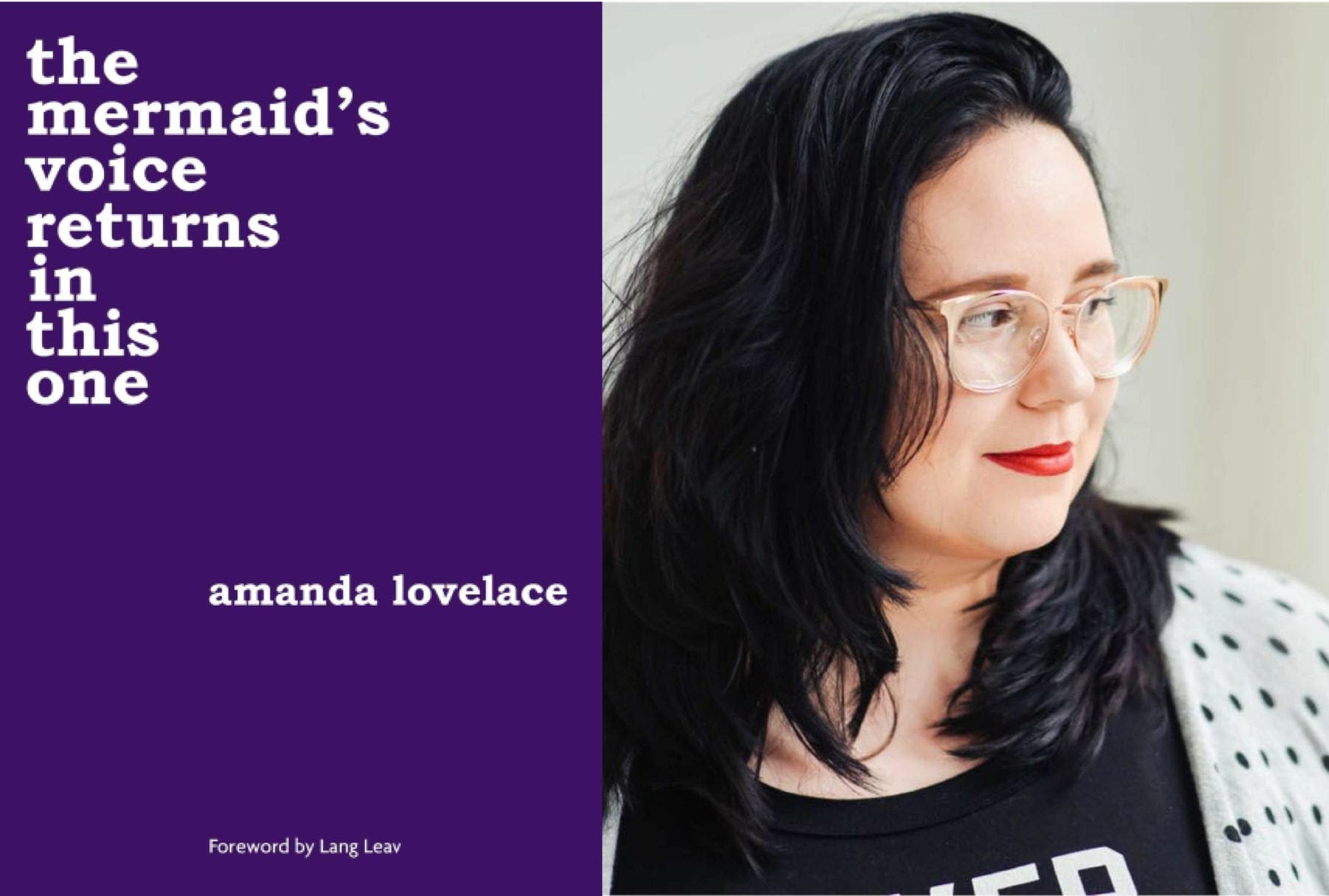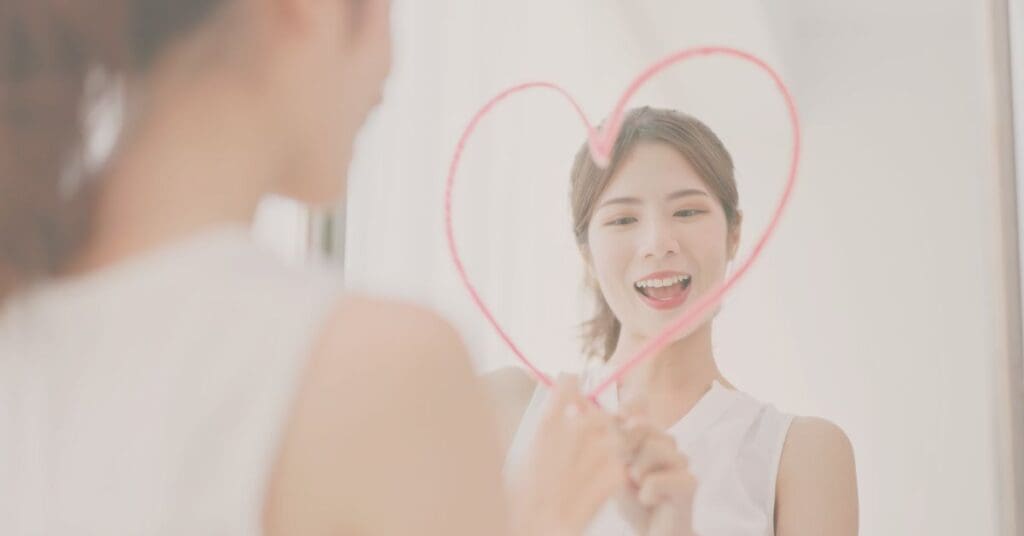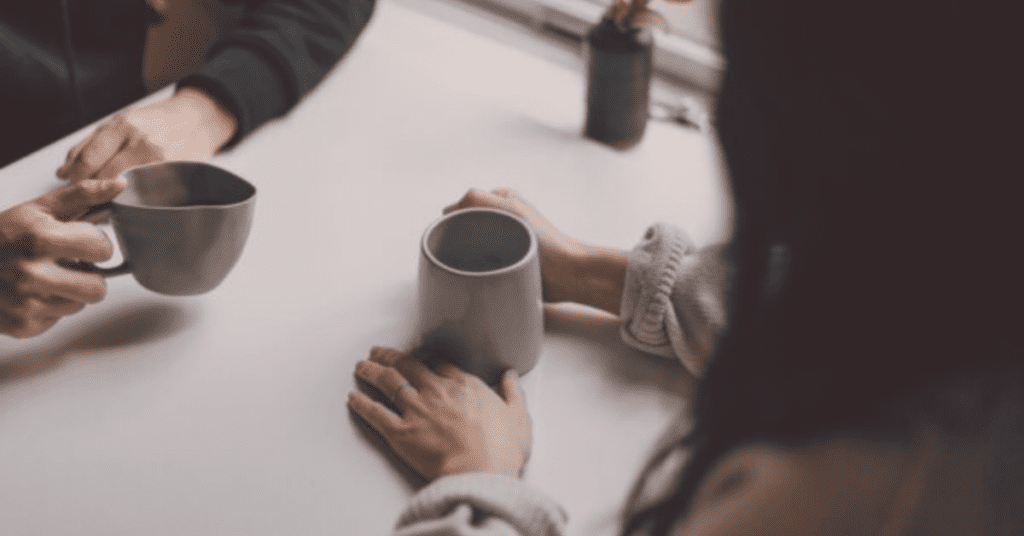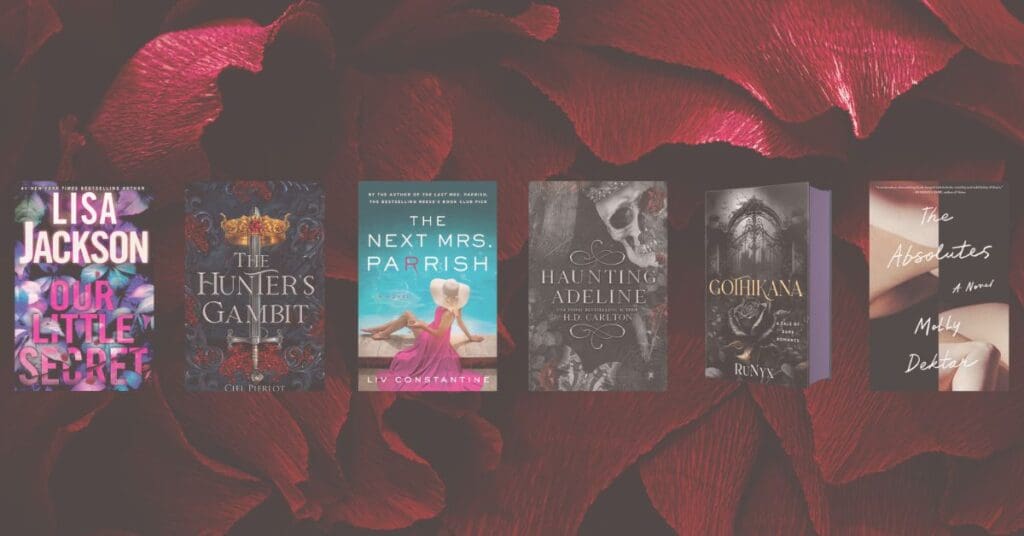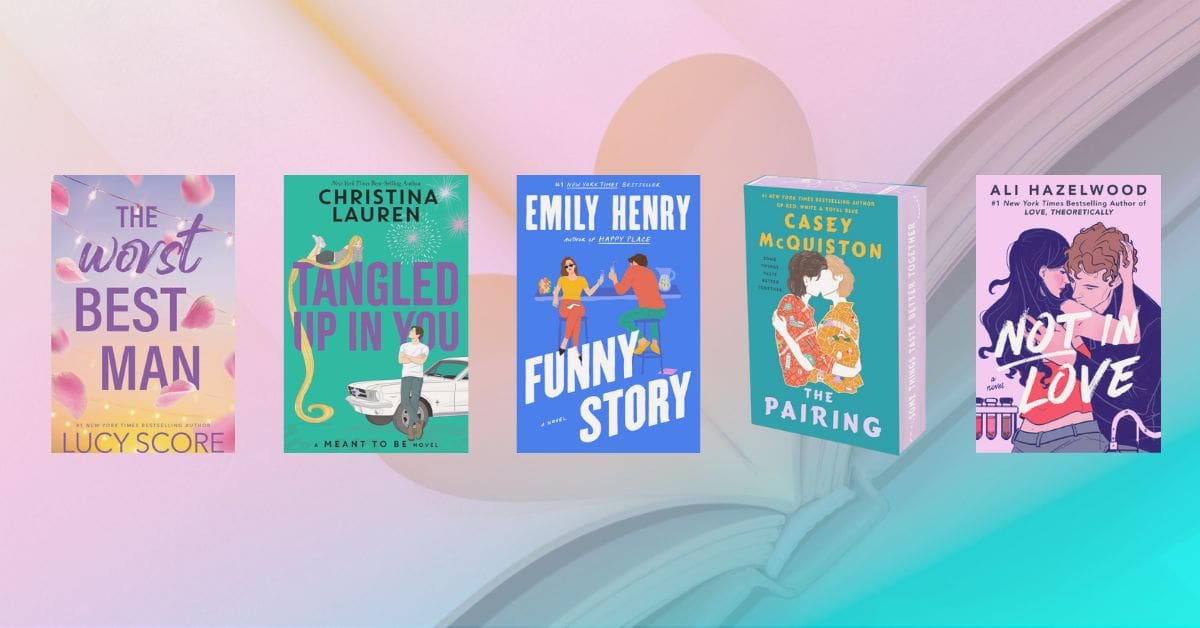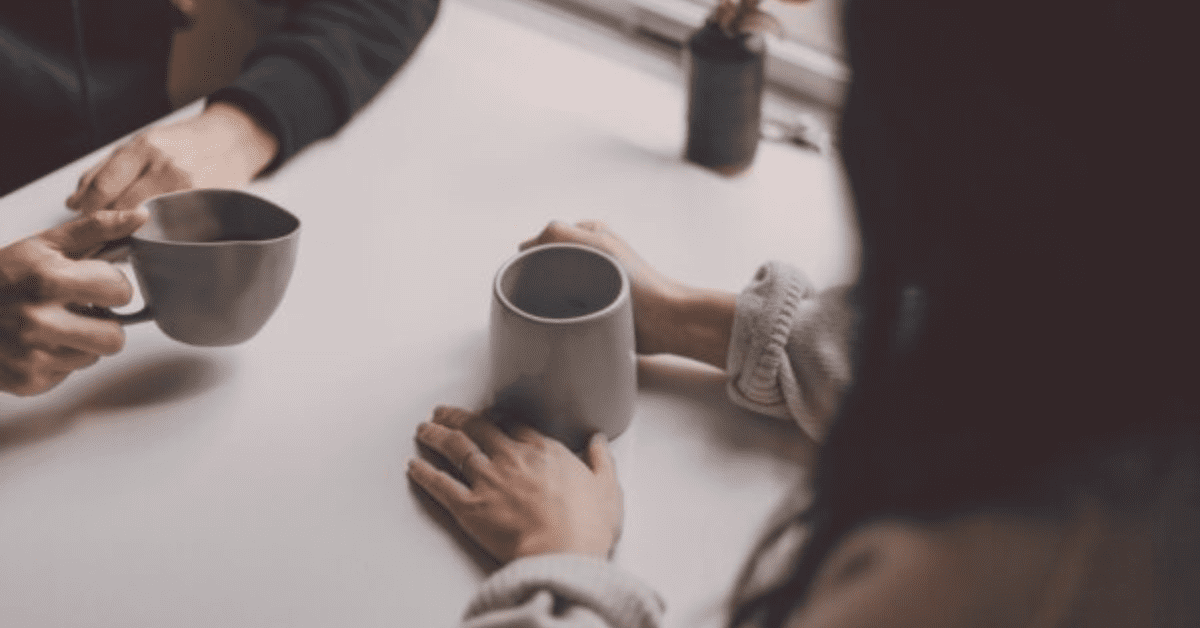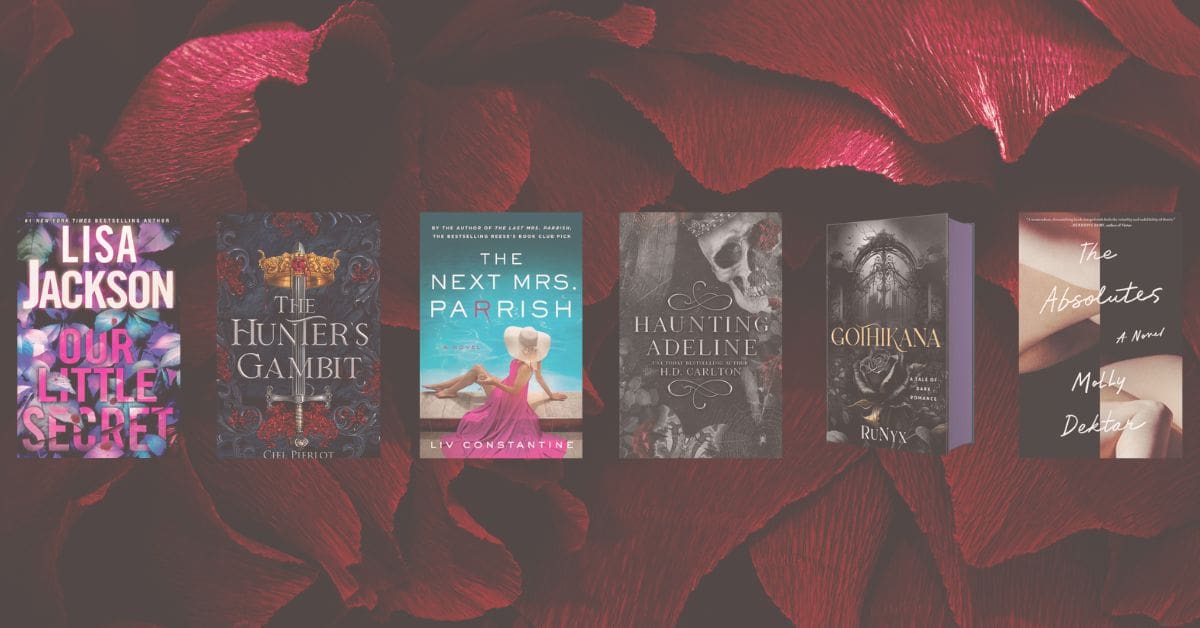Amanda Lovelace’s The Mermaid’s Voice Returns in This One is out this week and it’s a serious vibe.
We caught up with Amanda Lovelace and discussed her new poetry collection. Longtime fans of hers will find that this collection is sophisticated and powerful, a real mark of growth for Lovelace as a poet. When we first dove in, her precision with themes and language pulled us under right away. Lovelace is no stranger to the power of intentional language, and the playful banter between the writer and the reader here is engaging and clever, without at all diluting her themes of assault, abuse, emotional vulnerability, self-love, resiliency, and the will to overcome.
little infinite: Where do you write your best poetry? Do you write and edit in different
AL: I write everywhere! I find I’m often inspired at inopportune times, so I always keep my Notes app handy to jot some notes down. While compiling and editing (the hardest part!), I take refuge in my office, which also serves part-time as a
li: What does your writing routine look like?
AL: writing routine usually looks like the state of my mental health. They say when you pull a Tarot card while you’re in a bad state of mind, it negatively influences the answer and doesn’t show you an accurate picture of reality. That’s the same reason I can’t write when things are bad.
li: What do you do to decompress at the end of a long day?
AL: Kick up my feet and watch an episode of Friends. Or ten.
li: What are some of your favorite self-care rituals?
AL: Meditation, Tarot, and anything involving lavender essential oil.
li: You’re one of the only poets I’ve seen who gives us a trigger warning at the beginning of her collections. Do you find yourself triggered writing poetry like this? Or do you acknowledge a responsibility to your readers to acknowledge the impact these topics could have?
AL: Both! I often write about my traumatic past experiences, which can become a slippery slope if I don’t take proper self-care precautions, so I know how my words might impact others with similar experiences. I include a comprehensive trigger warning list at the beginning of every book because I’ve been the reader who’s been triggered due to a lack of knowledge beforehand, and I know how terrible that can be. It has the potential to cause a huge setback in someone’s mental health. In my opinion, people should get to decide whether or not they’re ready to read something, and they can’t always get all the information you need from the summary!
“I include a comprehensive trigger warning list at the beginning of every book because I’ve been the reader who’s been triggered due to a lack of knowledge beforehand, and I know how terrible that can be. It has the potential to cause a huge setback in someone’s mental health.”
-Amanda Lovelace
li: The poem Called Back is an homage to Emily Dickinson’s I’m Nobody, Who Are You? What other classic poems and poets inspired or influenced your work? How have your influences evolved from your first collection through your writing process and into this collection?
AL: Emily Dickinson is definitely my biggest inspiration from classical literature. My idea of a honeymoon was visiting Salem, Massachusetts, but not before stopping at Emily ’s grave as well as her childhood home in Amherst, which now serves as the Emily Dickinson Museum. It was a beautiful, soul-enriching experience, as she’s been a muse of mine fromPrincess all the way to Mermaid’s, and long before that. The lyrical way she describes her love for nature, her fascination with death, her questions about religion, her mental health—it inspires me every day. All of it.
Other classic poetry influences include Christina Rossetti, Edna St. Vincent Millay, and Elizabeth Barrett Browning.
li: Immersion in literature as a means of escape from life is an overarching theme of the collection, but it biases toward fiction (fairy tales, specifically) for referential touchpoints. Is fiction what you heavily consumed as a child? When did you find poetry?
AL: Yes! Fiction was what I always got lost in, especially fairy
I went on to discover poetry when I discovered another means of escapism: music. I loved every part of it, but the lyrics were always my favorite part because they had the ability to explain what I was going through when I had no words of my own to do it. Some might roll their eyes at this, but my biggest inspiration was Linkin Park. That band saved my life for many, many years, and I owe so much to them. It was difficult to grapple with Chester Bennington’s suicide for that reason. He gave me courage I needed to go on. I hope my work can inspire the same in others.
li: Do you still consume fiction in a similar way, even though poetry is your main writing style?
AL: While I love both reading and writing poetry, fantasy is my preferred genre, and I also love romance as well as thrillers. Lately, I’ve been reading more non-fiction books about witchcraft, as I’m a witch myself.
li: Let’s discuss the feeling that it will never be your turn, something a lot of brilliant young women who have been told they don’t fit where they started can relate to. How did that feeling of displacement inform your view on the world and your place in it? And how did that translate into your poetry (and other creative) work?
AL: Most stories aren’t written about or “for” women, so, through my work, I constantly seek to create a place where I finally belong, where I can feel empowered in a world that works tirelessly to ensure that I’m silenced in every way possible. Furthermore, queer women rarely ever have a fair chance at a happy ending. Much like in the romance writing community, I don’t believe in writing unhappy endings, because there are too many unhappy endings for queer-mentally-ill-survivor girls like me.
li: In Mermaid’s Voice, you talk about removing the people in your life who “spew malice your way” as you recover. Why do you think it’s so hard to let go of people even after we understand their toxicity? What do you have to say to someone who, just now in reading this collection, realizes that they have to let someone go?
AL: For me, personally, I think it’s hard to let go of toxic people because, as a woman, I was taught to believe that toxic love is better than no love at all. I was also taught to nurture everyone, which contributes to my habit of wanting to believe that people can grow into the best versions of themselves if only you give them enough time and space to do it.Over the years, however, I’ve learned that’s not always true, and that sometimes you just have to walk away for your own well-being.
To anyone who needs to hear this: It’s okay to outgrow people. It’s okay to move on. I believe that every person in our life is our soulmate, but sometimes a soulmate is only meant to be with us for a certain period of time. If they’re meant to be there, then the universe will make room for them—if not now, then later on down the road.
“To anyone who needs to hear this: It’s okay to outgrow people. It’s okay to move on. I believe that every person in our life is our soulmate, but sometimes a soulmate is only meant to be with us for a certain period of time.”
-Amanda Lovelace
li: Speaking of socialization, let’s talk about how women are taught to tuck away the bits of themselves and their stories that make other people uncomfortable. How did you turn the corner on that compulsion? What do you have to say to the young women fighting that internal battle right now?
AL: To put it simply, I had to embrace people’s discomfort if I wanted to heal as well as encourage others to heal. I’ve lost people over telling my story, no matter how prettily I’ve painted them up. Now, I’m at a point in my life now where, as my older sister says, I can only be my most authentic self. No longer can I wait around for others to stop being uncomfortable with my experiences as a victim/survivor.
To them, I say: Live your most honest, inspired life, as long as it’s safe for you to do.
Keep up with Amanda Lovelace via her Instagram account @ladybookmad and on her website.
Shop This Article:


$13.79

